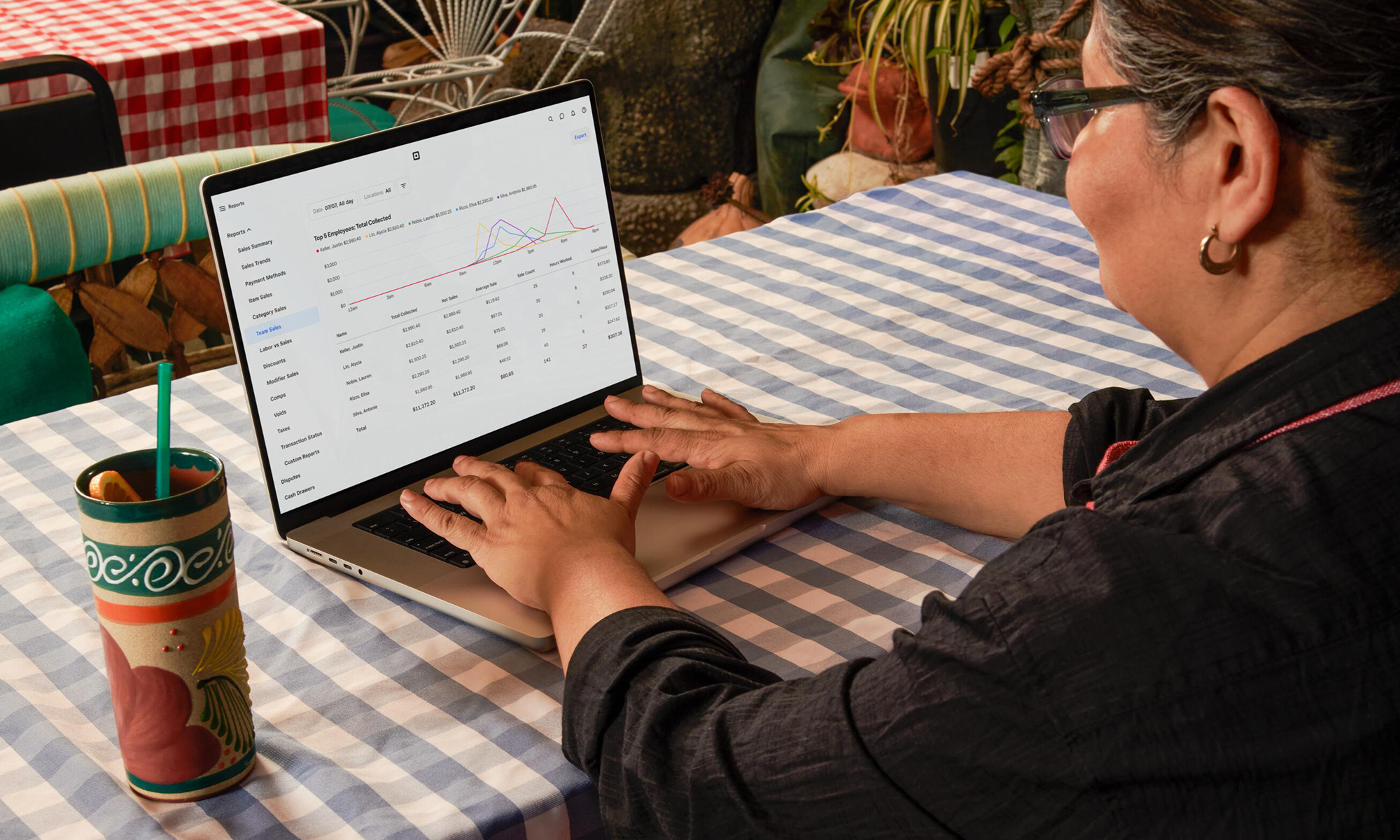Buying stocks that have fallen drastically from their peaks is occasionally compared to trying to catch a falling knife: You could get hurt very easily. Oftentimes, these companies are falling for justifiable reasons -- perhaps their growth is slowing or a competitor just ate their lunch. In 2022, however, it seems there are several companies that are thriving but are still experiencing steep share price declines.
Block (SQ 0.70%), Datadog (DDOG 2.07%), and Coupang (CPNG 0.95%) all match this description and all are established leaders in their particular spaces. Each has a pattern of success, and if they maintain their dominance, their stock prices should bounce back. As such, today's discounted stock prices seem to present optimal buying opportunities. Your future self might thank you in 10 years for buying these three stocks that each have five-fold growth potential.

Image source: Getty Images.
1. Block
Block is down by more than 67% from its all-time high, even after reporting stellar fourth-quarter earnings late last month. The company formerly known as Square is a leader in the fintech space, specifically in the business space, where it has seen major growth. Gross payment volume (GPV) with its sellers totaled $42.6 billion in Q4, driven higher in large part by customers with $500,000 or more in annual GPV. GPV for that customer cohort jumped 78% year over year in Q4. Where the company really shined was in maintaining and expanding its relationships with customers. In the quarter, 38% of its gross profit came from sellers using four or more Block products in 2021, showing how loyal and tethered sellers are to the platform.

NYSE: SQ
Key Data Points
The total revenue for Block reached $4.08 billion in Q4, growing 29% year over year. The company lost $77 million in the quarter, but for the year, it turned a profit of $166 million. Additionally, it's pumping out cash: Its free cash flow for the year was $713.5 million -- up from just $35 million in 2020.
This cash flow supplements Block's already-large cash position of $4.4 billion, and the company is looking to invest it in a few areas. First, Block wants to expand internationally. The non-domestic market accounted for just 5% of its gross profit in Q4 2018, but now it represents 9% and looks like a major opportunity for the company over the next decade. Second, the company is moving away from its reliance on transactions and instead is focusing on subscription solutions. Revenue from subscriptions grew 72% to $772 million in Q4, showing that this shift is going well.
Block trades at just 3 times sales -- lower than the P/S multiple of around 5 sported by its primary competitor, PayPal Holdings, despite having stronger business diversification and great success in the seller space. From this low valuation, the stock has the potential to rebound and flourish, which could result in a five-fold return, if not more, over the next decade.
2. Datadog
Datadog's platform, which helps businesses make sure their cloud infrastructure is running smoothly and securely, saw continued adoption last year. The number of customers spending over $1 million annually with the company soared by 114% year over year to 216 in Q4. Management noted that its gross dollar retention percentage was in the mid to high 90s, meaning that its customer churn was likely 5% or less in the quarter.

NASDAQ: DDOG
Key Data Points
Additionally, Datadog's net retention rate was above 130% in Q4 -- its 18th consecutive quarter during which that metric was above 130% -- meaning that customers who have been with the company for at least a year are spending an average of over 30% more now than they were in the year-ago period, including churn. This low turnover and increased spending show that not only are infrastructure observability and performance monitoring becoming viewed as need-to-haves by businesses but also that Datadog's products are the best on the market.
The company is capitalizing on a large (and growing) market opportunity. Management believes its industry will be worth $53 billion by 2025. With its competitive position, as well as over $250 million in 2021 free cash flow to invest in developing new products, Datadog looks well-positioned. Its shares trade down 40% from 52-week highs but its valuation is still high at 38 times sales, but if the company can continue growing as it has been, those shares will be worth paying up for.
3. Coupang
Coupang's e-commerce dominance in South Korea is impressive; its nearly 18 million active customers in Q4 represented 35% of South Korean citizens. Its revenue grew 54% year over year to $18.4 billion in 2021, so it is safe to say that Coupang has a strong grip on the online retail space in the country.

NYSE: CPNG
Key Data Points
The downside with Coupang -- and perhaps the reason why the stock has fallen by more than 76% from its all-time high -- is that it's burning cash as it invests heavily in the infrastructure that allows it to rapidly deliver goods. For the year, its free cash flow burn was over $1 billion while its net loss topped $1.5 billion.
Considering the degree of its market saturation in South Korea, for Coupang's stock price to rise five-fold over the next decade, it will likely have to succeed in other countries such as Japan or Singapore. The South Korean e-commerce industry is expected to grow at a compound annual rate of 11% until 2025, but that alone is unlikely to produce multibagger returns for this company over the coming decade. If Coupang can keep its same-day and next-day delivery consistent across country borders, it could see major success. Its stock is trading at just 1.4 times sales, so not a whole lot of growth is priced into the stock. If it does achieve more than the market currently anticipates, its share price could explode.






